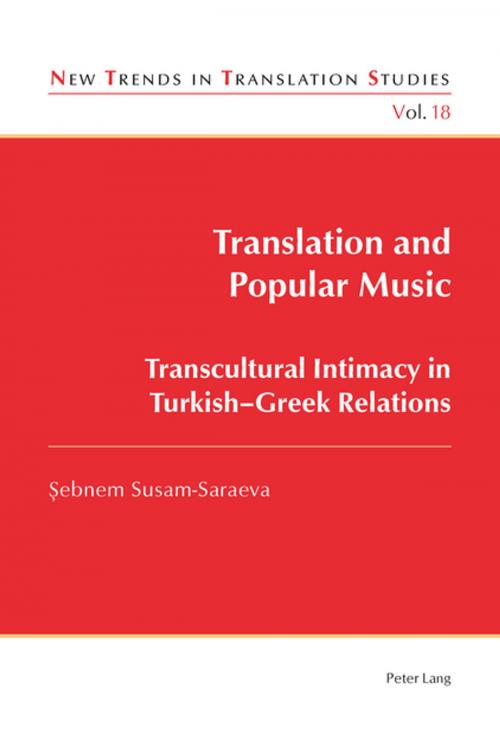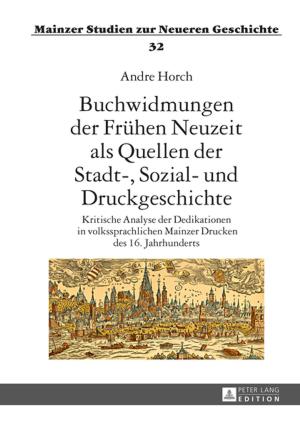Translation and Popular Music
Transcultural Intimacy in TurkishGreek Relations
Nonfiction, Reference & Language, Foreign Languages, Entertainment, Music, Language Arts| Author: | Sebnem Susam-Saraeva | ISBN: | 9783035399981 |
| Publisher: | Peter Lang | Publication: | November 27, 2015 |
| Imprint: | Peter Lang AG, Internationaler Verlag der Wissenschaften | Language: | English |
| Author: | Sebnem Susam-Saraeva |
| ISBN: | 9783035399981 |
| Publisher: | Peter Lang |
| Publication: | November 27, 2015 |
| Imprint: | Peter Lang AG, Internationaler Verlag der Wissenschaften |
| Language: | English |
Research on translation and music has so far focused mainly on «art music» and on issues such as quality, singability and accessibility. Studies which seek to embed translation and music within their historical and sociocultural contexts are relatively rare. This book aims to shed light on how translations of popular music contribute to fostering international relations by focusing on a case study of Turkish-Greek rapprochement in the last two decades. It provides a brief account of the thaw in relations between the two countries and then examines the ways in which translation and music have played a role in these changes. By looking at the phenomenon through the music’s various forms of materiality (on paper, in audio and through the internet) and the different forms the accompanying translations take, and by drawing on a range of disciplines (popular music studies, sociology of music, ethnomusicology, social anthropology, comparative literature and fan studies), the book aims to foreground the multifaceted nature of translation and music and their wide-ranging impact on society and international relations.
Research on translation and music has so far focused mainly on «art music» and on issues such as quality, singability and accessibility. Studies which seek to embed translation and music within their historical and sociocultural contexts are relatively rare. This book aims to shed light on how translations of popular music contribute to fostering international relations by focusing on a case study of Turkish-Greek rapprochement in the last two decades. It provides a brief account of the thaw in relations between the two countries and then examines the ways in which translation and music have played a role in these changes. By looking at the phenomenon through the music’s various forms of materiality (on paper, in audio and through the internet) and the different forms the accompanying translations take, and by drawing on a range of disciplines (popular music studies, sociology of music, ethnomusicology, social anthropology, comparative literature and fan studies), the book aims to foreground the multifaceted nature of translation and music and their wide-ranging impact on society and international relations.















